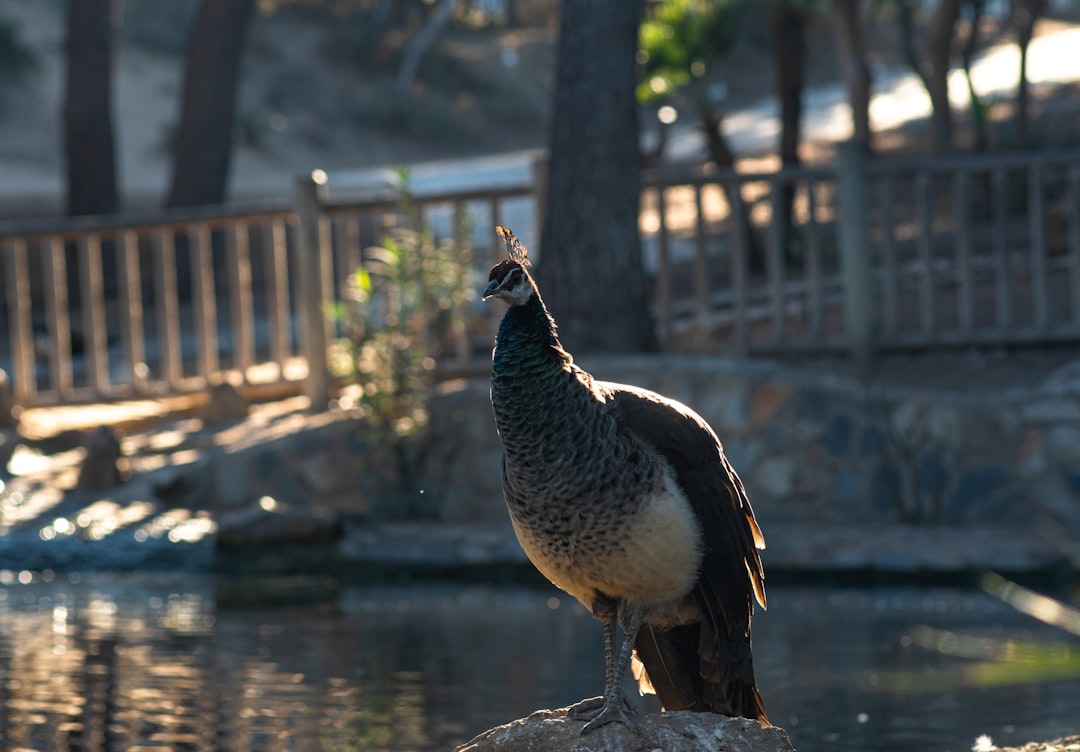Turkey farming is a significant sector within the poultry industry, with unique management considerations that impact both production efficiency and bird welfare. As global demand for turkey meat continues to grow, understanding these considerations and staying updated on production trends is crucial for farmers. Here’s a comprehensive overview of the key management aspects and trends in turkey farming worldwide.
1. Unique Management Considerations
Biosecurity Measures
-
Disease Prevention: Implement strict biosecurity protocols to prevent diseases like Salmonella and Campylobacter. This includes separating non-poultry species from turkey units and controlling pests like rodents.
-
Access Control: Limit farm access to essential personnel and visitors, maintaining records to track potential disease vectors.
Environmental and Housing Conditions
-
Ventilation Management: Proper ventilation is essential to maintain a healthy environment, preventing ammonia buildup and wet litter conditions.
-
Housing Design: Ensure housing is vermin-proof, well-insulated, and designed to facilitate easy cleaning and maintenance.
Health and Welfare
-
Veterinary Care: Regular veterinary checks are vital for early disease detection and treatment. Ensure turkeys have enough space to move comfortably and engage in natural behaviors.
-
Behavioral Health: Monitor for signs of stress or aggression, such as feather pecking and cannibalism, which can be exacerbated by overcrowding or poor management practices.
2. Global Production Trends
-
Increased Focus on Welfare: There is a growing trend towards improving animal welfare in turkey farming, with many countries adopting more humane practices and better living conditions for birds.
-
Technological Advancements: The use of precision farming techniques and digital tools is becoming more prevalent, enhancing efficiency and reducing environmental impact.
-
Market Demand: Global demand for turkey meat remains strong, driven by consumer preferences for lean protein sources. This demand is encouraging expansion in both traditional and emerging markets.
3. Breeding and Genetics
-
Genetic Selection: Advances in genetics have led to more efficient and robust turkey breeds, capable of faster growth rates and better disease resistance.
-
Breeding Programs: Effective breeding programs focus on improving fertility, hatchability, and overall health of breeding stock.
4. Sustainability and Environmental Impact
-
Environmental Considerations: Turkey farming must balance production needs with environmental sustainability. Practices like on-farm composting and responsible water management are becoming more important.
-
Feed Efficiency: Improving feed conversion ratios through better nutrition and feeding strategies can reduce waste and environmental impact.
Conclusion
Turkey farming requires careful attention to biosecurity, environmental conditions, and bird welfare to ensure successful and sustainable operations. As global trends shift towards more humane and efficient practices, understanding these unique management considerations and staying updated on production trends will be crucial for farmers looking to thrive in this industry. Whether you operate a small-scale or large commercial turkey farm, prioritizing these aspects will help meet growing consumer demands while maintaining a healthy and productive flock.
Citations:
- https://avec-poultry.eu/wp-content/uploads/2024/06/AVEC-turkey-farm-management-guide-2024-1.pdf
- https://www.fmi.org/docs/animal-welfare/lp08-ntf_production_guidelines.pdf?sfvrsn=0
- https://www.aviagenturkeys.com/uploads/2023/09/05/BR28_V4.1_Management%20Guidelines%20for%20Breeding%20Turkeys_UK.pdf
- https://proveg.org/5-pros/pro-animals/turkeys/
- https://www.kartzfehn.de/files/rz08022022_infobroschuere_en_kom.pdf
- https://www.aviagenturkeys.com/uploads/2022/03/17/CL23_V3_Management%20Guidelines%20for%20Growing%20Commercial%20Turkeys_EN.pdf
- https://agrovent.com/en/blog/your-own-turkey-breeding-business-for-meat/
- https://agamerica.com/blog/turkey-farming-101/

Comments
No comments yet. Be the first to comment!
You must be logged in to comment. Login